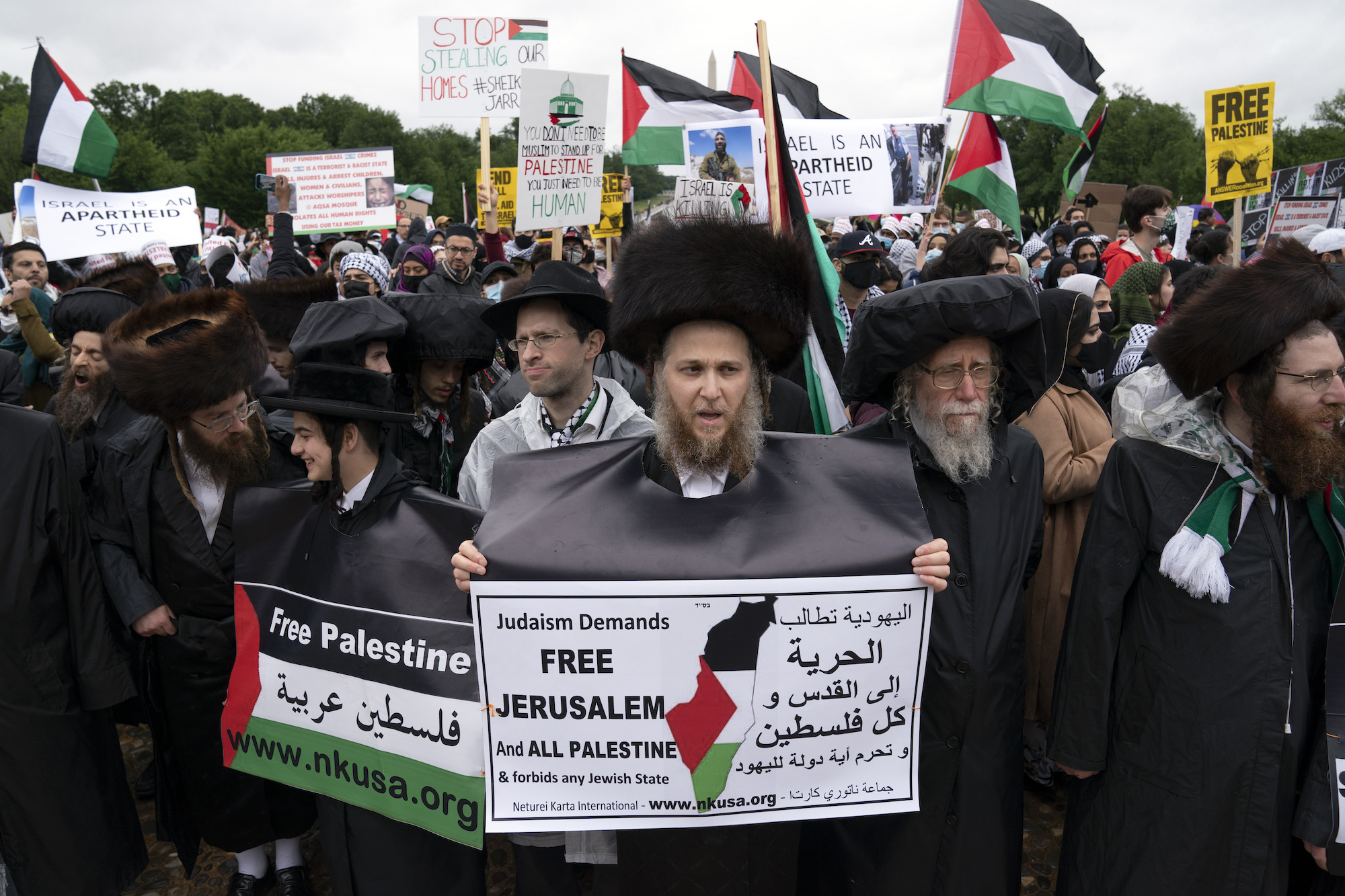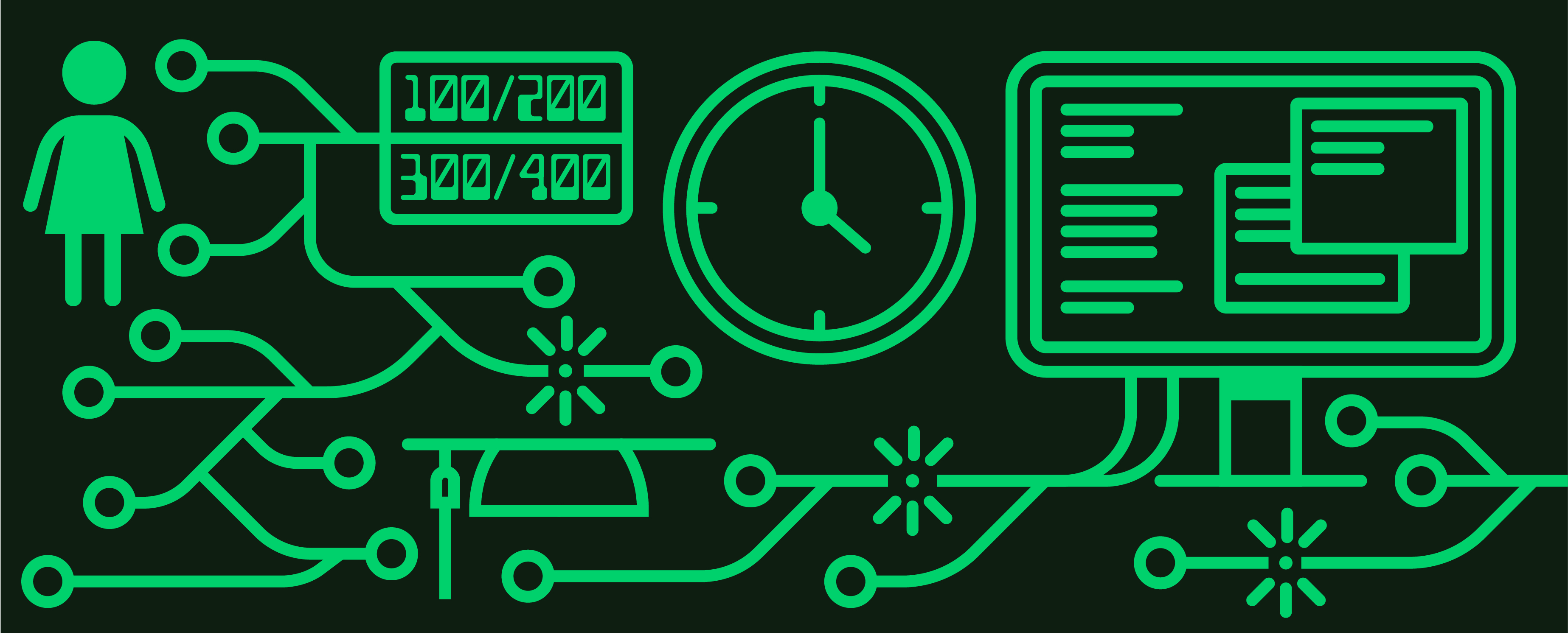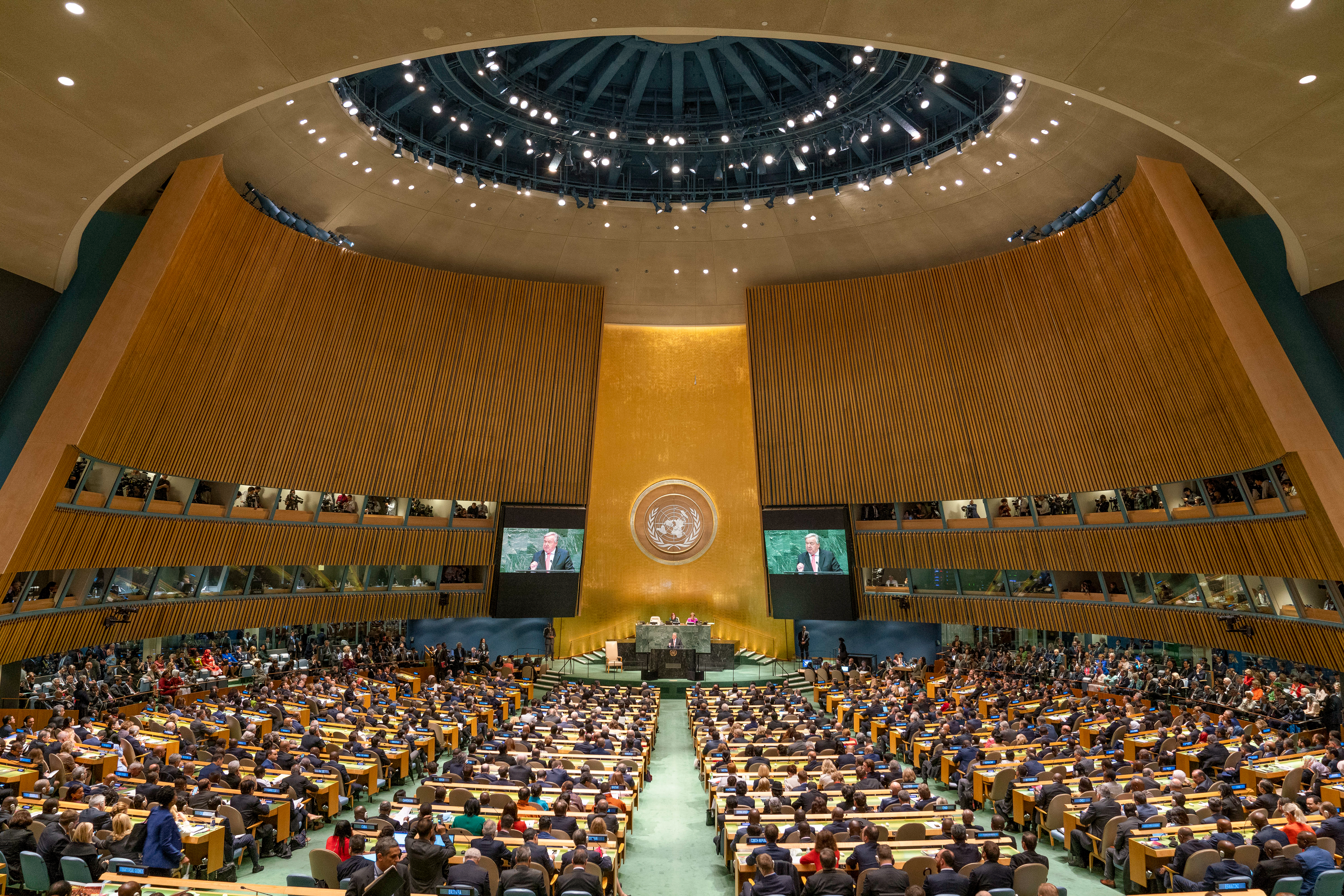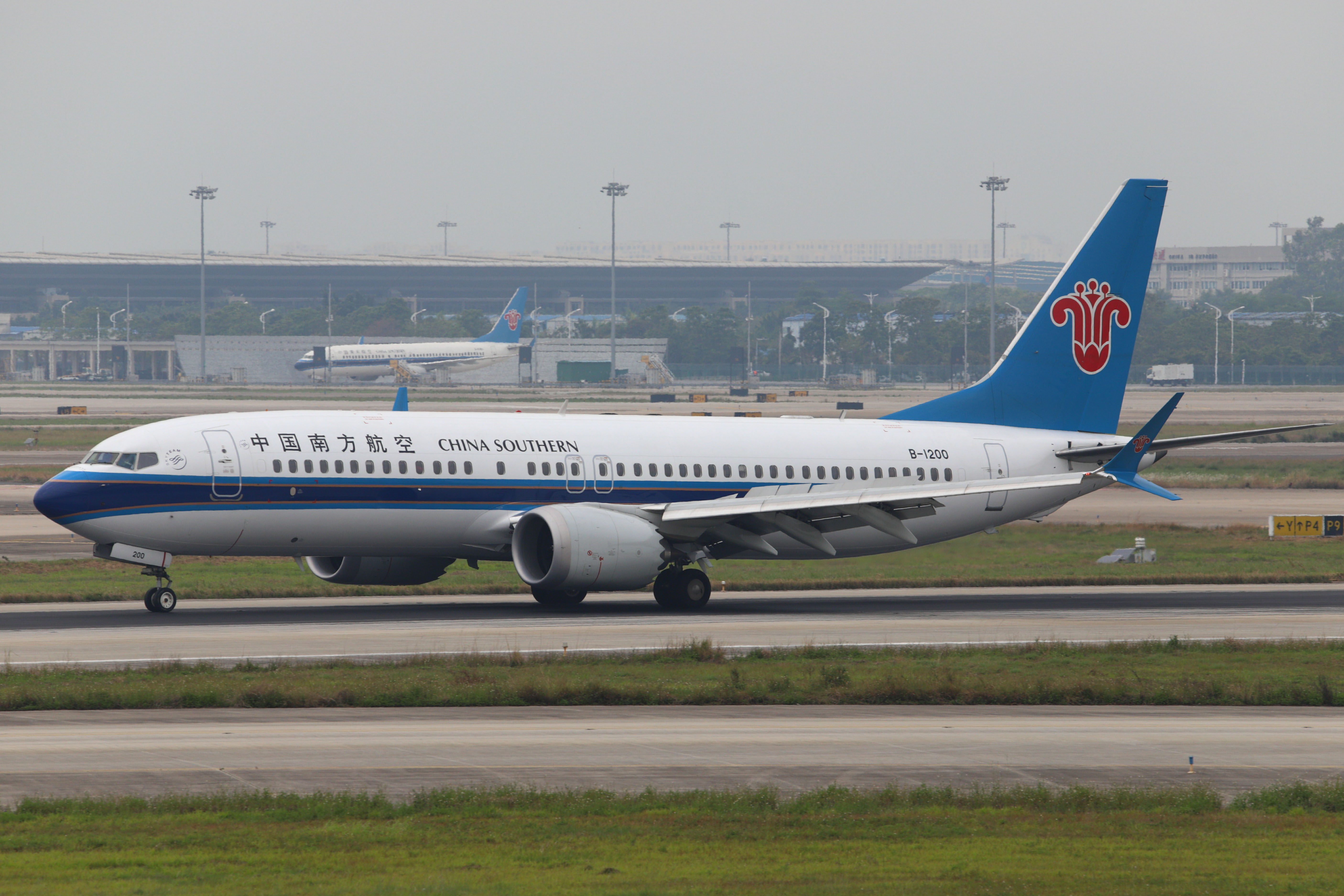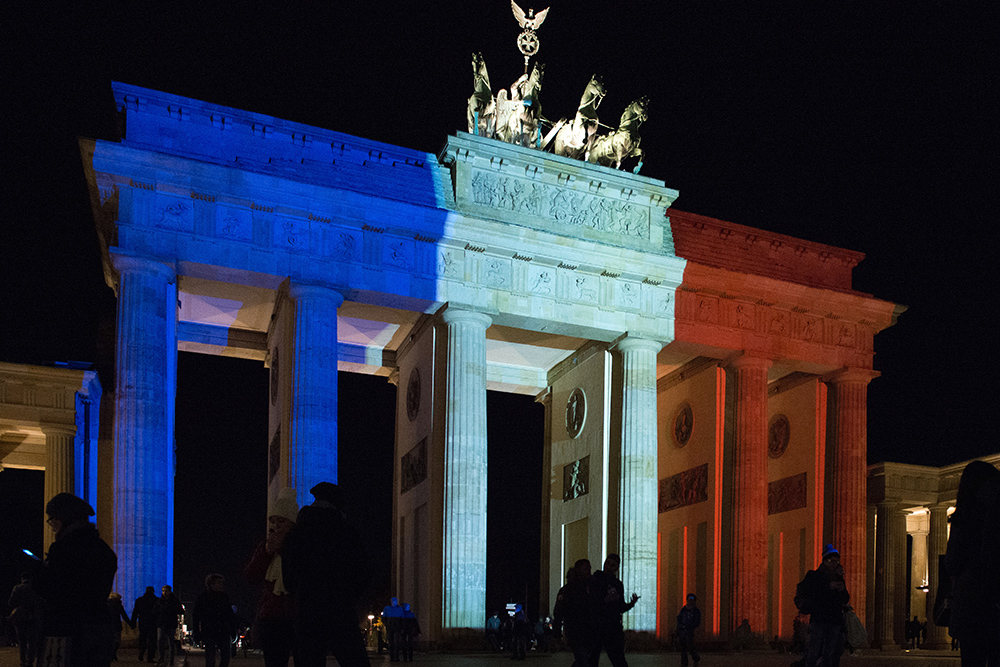If you’ve been watching international news lately, chances are you’ve caught a glimpse of what’s happening in the Gaza Strip, East Jerusalem and the West Bank. We’ve seen video of Palestinians in the neighborhood of Sheikh Jarrah having their homes taken from them by Israeli settlers; over a hundred Palestinian worshippers injured in an Israeli police raid on Al-Aqsa Mosque; and a lopsided fight between the Israeli military and Hamas that ended with at least 12 Israelis killed by Hamas rockets and civil unrest, and 232 Palestinians killed in Gaza and the West Bank by Israeli security forces and airstrikes, as of May 17.
You may have also heard of the quality of life in the Occupied Palestinian Territories from news reports which show more than half of Israelis have received a second COVID-19 vaccine dose, while only 120,000 out of 5.5 million Palestinians have received the same. You may have heard Gaza referred to as an “open-air prison,” where only 4% of fresh water is drinkable, access to electricity is sporadic at best and the movement of people and goods is highly restricted by the Israeli government.
Many people are dissuaded from engaging with the issue of Palestine for fear that it is too complicated to understand. To be fair, the situation of how we got here is politically, historically, and legally complex, as well as extremely emotional for many.
Where things stand now, however, is quite clear.
The state of Israel exerts control from the Jordan River to the Mediterranean Sea, but it applies the law very differently depending on where one lives and whether one is a Jewish Israeli or a Palestinian. Human rights groups such as Human Rights Watch and B’Tselem describe Israel’s policy as one of apartheid, and looking at the facts it’s hard to disagree. We have an ethical obligation to stand in solidarity with Palestinians, and with Palestine. To do otherwise would be a dereliction of our duty as moral actors.
“This is apartheid”
According to multiple widely-respected human rights organizations, Israel creates and maintains a system of apartheid against Palestinians, both inside its official borders and out. In this article, I will rely largely on two 2021 reports by world renowned human rights organizations Human Rights Watch (HRW) and Jerusalem-based group B’Tselem. These reports, despite any differences they may have between them, agree on one basic fact: Israel is committing the crime of apartheid against the Palestinian people.
Before I begin in full, I would like to emphasize that criticism of the state of Israel and its government is not a criticism of Jewish people. Zionism is a political project, and Israel is not, and has never been, synonymous with Judaism or all Jewish people.
I’ll start with the April 2021 Human Rights Watch report, “A Threshold Crossed: Israeli Authorities and the Crimes of Apartheid and Persecution.” As HRW details, approximately 6.8 million Palestinians and 6.8 million Jewish Israelis live in historic Palestine today—the area between the Jordan River and the Mediterranean Sea. This area ecompasses the state of Israel and its official borders, as well as the occupied territories of the West Bank and Gaza Strip. Israel holds effective control over all of these territories, and uses that control to systematically privilege Jewish Israelis over Palestinians in most aspects of life. Based on this reality, HRW determines Israel’s actions “amount to the crimes against humanity of apartheid and persecution.”
Apartheid, as defined by the Rome Statute of the International Criminal Court, is a system of “inhumane acts… committed in the context of an institutionalized regime of systematic oppression and domination by one racial group over any other racial group or groups and committed with the intention of maintaining that regime.” Though the term may evoke memories of South African apartheid, the term applies equally well to the policies of Israel toward Palestinians.
From the beginning, Israel was founded as an explicitly Jewish state, rather than a state for all of its citizens. Israel’s 1948 Declaration of Independence declared the establishment of a Jewish state in “Eretz-Israel”—otherwise known as the broader area from the Jordan River to the Meditteranean Sea, encompassing Palestine.
There is not enough space in this article to fully examine the founding of Israel, but in short: with the foundation of a “Jewish state” in a multiethnic land came disaster for the people who lived there. The “Nakba,” or “the catastrophe,” was the process during 1947-49 in which approximately 750,000 Palestinians were expelled from their homeland—their towns, villages and cities—to make way for European Jewish settlers who had immigrated to Palestine to found the state of Israel. In the end, only about 150,000 Palestinians remained in the new state of Israel, which took 78% of Palestine’s total land.
To this day, Israel’s Basic Law reaffirms Jewish supremacy in Israel. The 2018 Basic Law: Israel—The Nation-State of the Jewish People, also known as the Nation-State Law, states Israel is “the nation state of the Jewish people,” proclaiming “exercise of the right to national self-determination in the state of Israel is unique to the Jewish people.”
The law also declares a united Jerusalem the capital of Israel, and denotes Hebrew as the sole state language with Arabic relegated to a “special status.” This discriminatory law explicitly denies even Palestinian citizens of Israel the right to self-determination. This is not “democracy” as I understand it.
Israel has long held a policy of demographic control and Jewish supremacy. Israeli Prime Minister Benjamin Netanyahu said in 2003 during his time as Finance Minister, “If there is a demographic problem, and there is, it is with the Israeli Arabs who will remain Israeli citizens,” stating that “If their [Palestinians’] numbers will reach 35-40 percent of the country, then the Jewish state will be annulled.”
If you are a Jewish American born in the U.S., according to Israel’s Law of Return, you have the right to travel to Israel, live there permanently, and gain automatic citizenship. If, on the other hand, you are a Palestinian born in a country like Lebanon or Jordan—say, if your parents or grandparents moved there as refugees after they were expelled from Palestine in the Nakba—you have no such right.
Now I’ll turn to B’Tselem’s report on Israeli apartheid, where they come to much the same conclusions as HRW. It should be noted that they were originally founded as a human rights group focused solely on the West Bank and Gaza; they have since altered their mandate in light of increasingly unified Israli rule from the river to the sea. Here, I’ll recount excerpts from their January 2021 report, “A regime of Jewish supremacy from the Jordan River to the Mediterranean Sea: This is apartheid.”
If you are not Jewish, any rights or privileges you may gain in Israel come almost entirely at the discretion of Israeli officials: The Minister of the Interior inside Israel, and the military in the Occupied Territories. In 2003, the Knesset implemented the Nationality and Entry into Israel Law, which forbids Palestinians in the Occupied Territories from living in Israel proper with their Israeli spouses. In contrast, if an Israeli marries someone from any other country, they may submit a request for family reunification, so that their spouse can move to Israel. Not so for Palestinians living under Israeli occupation.
Israel also regulates property rights to maintain demographic control. The Absentee Property Law officially allowed Israel to expropriate vast swaths of land and property from Palestinians who fled or were forced out during the Nakba. Israel has used this land to build hundreds of towns exclusively for Jewish citizens, with only a small exception for the Bedouin people. Per HRW, over 30% of land used for exclusively Jewish settlements was expropriated by the Israeli government from Palestinians who had privately owned it.
Israeli law also allows Jewish towns with “Admissions Committees” to bar Palestinians from living in them, on the basis of the towns’ “special characteristics”: the law allows towns to ban potential inhabitants “unsuitable to the social life of the community…or the social and cultural fabric of the town,” including towns with a “Zionist vision.” We did the same thing in the U.S., when “Sundown Towns” expelled Black residents and mandated a white-only population. Can any reasonable person say this is different?
Palestinian citizens of Israel, as mentioned before, simply do not have the same rights as Jewish Israelis. In 2018, Israeli Justice Minister Ayelet Shaked said, “I think that ‘Judaizing the Galilee’ is not an offensive term,” further stating, “There is place to maintain a Jewish majority even at the price of violation of rights.”
Israeli law violates free speech rights as well; the so-called “Boycott Law” prohibits Israelis from “knowingly publish[ing] a public call for a boycott against the State of Israel.” The “Nakba Law” allows the Minister of Finance to fine any publicly-funded bodies that commemorate “[Israeli] Independence Day or the day of the establishment of the state as a day of mourning.” This is a blatantly discriminatory law against Palestinian citizens of Israel who wish to remember the forced dispossesion and expulsion of their people. The law also prohibits events that criticize “the existence of Israel as a Jewish and democratic state,” essentially censoring anti-Zionist activism.
These laws discriminate against Israeli citizens; the situation for Palestinians in the Occupied Territories is even more dire. Since 2010, the Israeli military has again begun to enforce the military “Order Regarding Prohibition of Incitement and Hostile Propaganda Actions” from 1967, allowing Israeli Defense Force (IDF) officers near-total control over demonstrations and protests against the Israeli regime in the Occupied Territories. Only Palestinians in the OPT are subject to this order, and they alone are tried under military law; Israeli citizens and nationals from other countries are tried under the Israeli legal system.
Furthermore, Palestinians in the Occupied Territories are not allowed to participate in the Israeli political system. Most Palestinians are theoretically allowed to vote in elections for the Palestinian Authority, a semi-autonomous government in the West Bank; but Israel still controls, to quote B’Tselem directly, “immigration, the population registry, planning and land policies, water, communication infrastructure, import and export, and military control over land, sea and air space” in all of the OPT.
It’s time to connect the dots for ourselves, and be unequivocal about the conclusion; this is apartheid. This is not a conflict; it is an asymmetrical assault by a militarized state against a disorganized, disenfranchised people. Israel has pursued, and continues to pursue, a concerted campaign of ethnic cleansing against the Palestinian people, expelling them from their home country and segregating them into densely-packed enclaves.
This is only a glancing summary of the full depth of human rights abuses and apartheid in Israel. If you’d like to learn more, I would recommend reading the reports from HRW and B’Tselem in full; read about the history of Palestine from authors such as Nur Masalha in Palestine: A Four Thousand Year History or Rashid Khalidi in The Hundred Years’ War on Palestine; read from Palestinian activists such as Edward Said or Noura Erakat; follow Palestinian journalists such as Mohammed El-Kurd; or even take one of the classes offered at PSU about the history of Zionism and the history of Palestine.
Why should we care?
Most people reading this are probably neither Israeli nor Palestinian. So the question is then, “why care?” It’s not our country, after all, and we have our own problems to deal with here.
The simplest answer I can give is this: the struggle for human rights and international liberation is a universal one. Directly or indirectly, we are all affected by injustice everywhere. To quote Eugene Debs, “Years ago I recognized my kinship with all living beings, and I made up my mind that I was not one bit better than the meanest on earth. I said then, and I say now, that while there is a lower class, I am in it, and while there is a criminal element I am of it, and while there is a soul in prison, I am not free.”
To make it more concrete, the actions of a militarized, discriminatory Israeli state literally coincide with the actions of the United States. According to Amnesty International, U.S. police departments in states across the country have trained with Israeli national police, military and intelligence services, with the two countries sharing policing methods such as “counter-terrorism techniques.” And Israeli police have used tear gas drones since 2018 to put down Palestinian protests from 60 feet in the air—it’s only a matter of time before that kind of tech makes its way here, too.
Several states in the U.S. have passed laws that penalize businesses, organizations or individuals who call for a boycott of Israel or refuse to do business in Israeli settlements. While one such law was recently struck down in Georgia, it is imperative that we fight anti-free speech legislation everywhere. I detailed Western media’s bias against Palestine in a previous article, and it’s our job as journalists to accurately and unwaveringly tell the story of what is happening in Palestine.
Settler colonialism is an international project. Empire is international. Policing, state terror and apartheid are international. The United States doesn’t give Israel about $3 billion a year out of the goodness of our hearts. Israel is a major guarantor of U.S. interests in the Middle East, and there’s no way the U.S. government will renege on its unequivocal support of the state if it threatens our status in the region. The reason why opposing Israeli apartheid is so important is precisely because they are our ally.
What we can do
One of the most impactful things you can do as an American is to support movements for Palestinian freedom such as BDS, which stands for Boycott, Divestment, Sanctions. BDS aims to financially pressure Israel, to force them to respect human rights, recognize Palestinian sovereignty and comply with international law. BDS is modeled after the anti-apartheid movement against South Africa, and it seeks the same goal: the dismantling of the apartheid regime, and the establishment of a government that respects equal rights for everyone regardless of race, ethnicity or religion.
Make it a point to keep talking about Israel’s human rights abuses. Keep uplifting Palestinian voices, and don’t back down from your basic principles. I believe that all people have the right to live safely, with equal rights under law, with freedom of movement, expression and association in the land of their birth. Injustice anywhere is a threat to justice everywhere—that’s why it is our duty to stand in solidarity with all oppressed people, wherever they might be.

